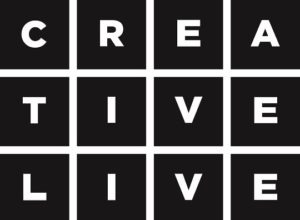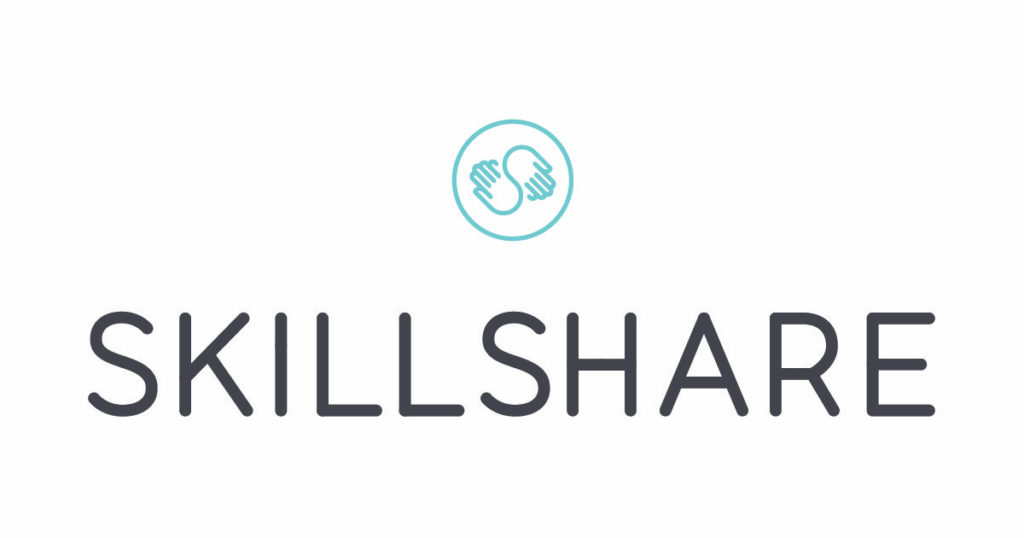If you are an unemployed executive looking for a job, the following tips will help you as you look for a new position.
1. Set Goals
It is easy to become complacent when searching for a job. You need to check in on your progress regularly to ensure you are moving forward. Doing so on a quarterly basis should be sufficient.
During your check in, there are certain questions you need to go over to make sure you are doing everything possible to secure employment. For example, ask yourself what has been positive about your job search. Also, ask yourself what has been negative and figure out what you need to do to turn that around.
Look objectively at your interviews. Are you getting called in often but not getting called back? Or, are you making your way through the interview process but not securing the job?
2. Revise Your Documents
You need to make it easy for employers to contact you and pull up your information. Therefore, your first and last name should be prominently displayed on your LinkedIn profile and your resume. In addition, make sure your email address also has your first and last name in it. You might have to set up a special email address just for this purpose.
Doing so is important because an employer may not be able to find your email in their inbox if you have a series of obscure letters and numbers. However, if they can search for your name, your email will pop right up.
The way you save your documents is important, too. Make sure you have your name in there as well, because it will be easier for people at the company to find.
3. Find Volunteer Or Part Time Work
It is crucial that you stay active and continue to maintain (and forge) professional relationships. If you've been out of work for a while, and you haven't done anything related to your field, a potential employer may not think you'll be able to seamlessly transition back into the workforce. Therefore, find something to do, even if it just volunteering on a part time basis.
When you remain active, a provider can see that you are keeping your skills sharp. It also gives the employer something to talk to you about during the interview. Also, you may be able to earn some extra money to lessen the blow from losing your job. But, regardless of whether it is paid or not, make sure you continue working.
4. Demonstrate Your Worth
The interview is a time to talk about yourself. If you've been offered positions that haven't panned out, mention that. It will show the employer that other people want to work with you; their interest in you may rise if they believe that other companies are interested in you as well.
There is normally a good time to mention the offers during the interview. Often, the employer will ask you what has been going on with you. You can state that you've had a few offers that you decided not to take for various reasons. Make sure you are upfront about why you didn't take the job; for example, you can say it ultimately wasn't a good fit for you. You do not want to be negative, as the interviewer may know someone at the other company.
5. Be Confident
No matter how you feel internally, you do not want the employer to think that you are grasping at straws and will take any job that comes your way.
Looking desperate is not going to help you get a position. Instead, you should focus on improving your communication in order to attain the job that you're seeking.
For example, if the interviewer asks you when you can come in, you shouldn't tell him or her that you have nothing else going on and can set up the interview at any date and time.
6. Be Flexible
When you first lose your job, you may have strict guidelines about what you want in a new position. However, as time goes by, you may need to be more flexible. For example, if you are willing to move for a job, you will find that there is a lot more opportunity available to you. Or you can just stick to looking for online jobs if that's your thing.
7. Prepare
Before you go on an interview, think through your answers to some potential common interview questions. Recognize that you might be asked some difficult things, particularly if you've been out of work for a while.
How to Increase Your Career Marketability
You can increase your income by increasing your career marketability, this could make you reach your personal finance goals quicker. When you are looking for a job or already have a job, you should continue to strive to learn more.
Here's a personal story — I've felt very content with my career over the past few years. I have a good job and I am well on my way to achieve my personal finance goals and early-retirement goals. I've purposely avoided upskilling myself or completing any formal assessments of my skills as I haven't seen the value in it.
I don't see myself working in a corporate for too many more years and don't exactly have aspirations of climbing the corporate ladder. Thus, my progress on my financial goals has made me very content where I am.

Something changed though two weeks ago as I accepted a LinkedIn message from a recruiter. I generally don't respond to these but something in the message caught my attention.
I realized that a change of company could instantly give me a 10 – 20% increase in salary (way more than asking for a raise) and that in turn would fast-track my goals. I suddenly got excited and decided to go for an interview.
The interview was a disaster though and utterly humiliating. Even though I have many years of experience, I'm lacking skills in some of the latest trends and technologies.
I was also put on the spot when asked why I had not kept up with personal learning and how-come I had no new qualifications to show.
I left the interview feeling somewhat old and useless and thought that I should just stick it out with my current employer and current financial goals.
Luckily, I have come to my senses and after some reflection, I have seen how upskilling myself can fast-track my goals. I've looked at the job requirements from the failed interview and matched them to online courses and qualifications that I need.
Luckily for me, I can cover the gaps by some short courses and only 3 exams. In fact, I can add 2 qualifications to my resume with very little effort. I have gone ahead and booked my first online exam for next month.
Here's why:
Investing In Yourself Is Always Good
Investing in yourself in terms of learning new skills or getting some formal assessment of your skills is always a good thing. Keeping up with new trends and technologies in your field of work will not only help you do your job better, but will also make you more marketable. You could negotiate an increase or even look elsewhere. Many companies will even pay for your studies.
Remember too that your skills and experience will be yours forever! You never know when your skills will open up some great opportunity for you in the future. Perhaps to consult, start a business or simply do what you do better!
You may not see yourself working in the formal sector all your life, but having skills and qualifications can open doors that are currently unimaginable.
Fast-Track Your Personal Finance Goals
Whatever your personal financial goals are, the only ways to achieve them quicker are to earn more or spend less. By upskilling yourself you are working on increasing your income and depending on the potential increase, this could really make your goals become reality a lot quicker than planned for.
Where to Start?
You can start when you are looking for a job or already have a job. Here's how you should get started:
Step 1: Identify Skills You Are Lacking
Have a look at job sites in your field and see if there are any skills or qualifications that you are missing. Perhaps there are new technologies, software systems or research areas where you are lacking.
Step 2: Calculate
Calculate the cost in terms of time, money and energy that it will take to gain the missing skills. Make an informed decision as to whether it will be worth your while. It may not be right now, and that is fine, but don't assume anything before doing the calculations.
Step 3: Do it
The best time to start is right away! If you feel excited and motivated to do something, then do it now! Find a course or assessment that you can book, do your inquiries and make a booking as soon as possible! Once you have paid money towards something you will be far more motivated to follow through.
Reassess your skills every so often and make sure that you are making the best use of your time! Whatever it is that you do in order to earn a living, are you earning the best you can right now and can you fast-track your goals?
Life is definitely not about making the most money, but if there is a relatively easy path that will help you reach your personal finance goals quicker, then you should investigate it.











